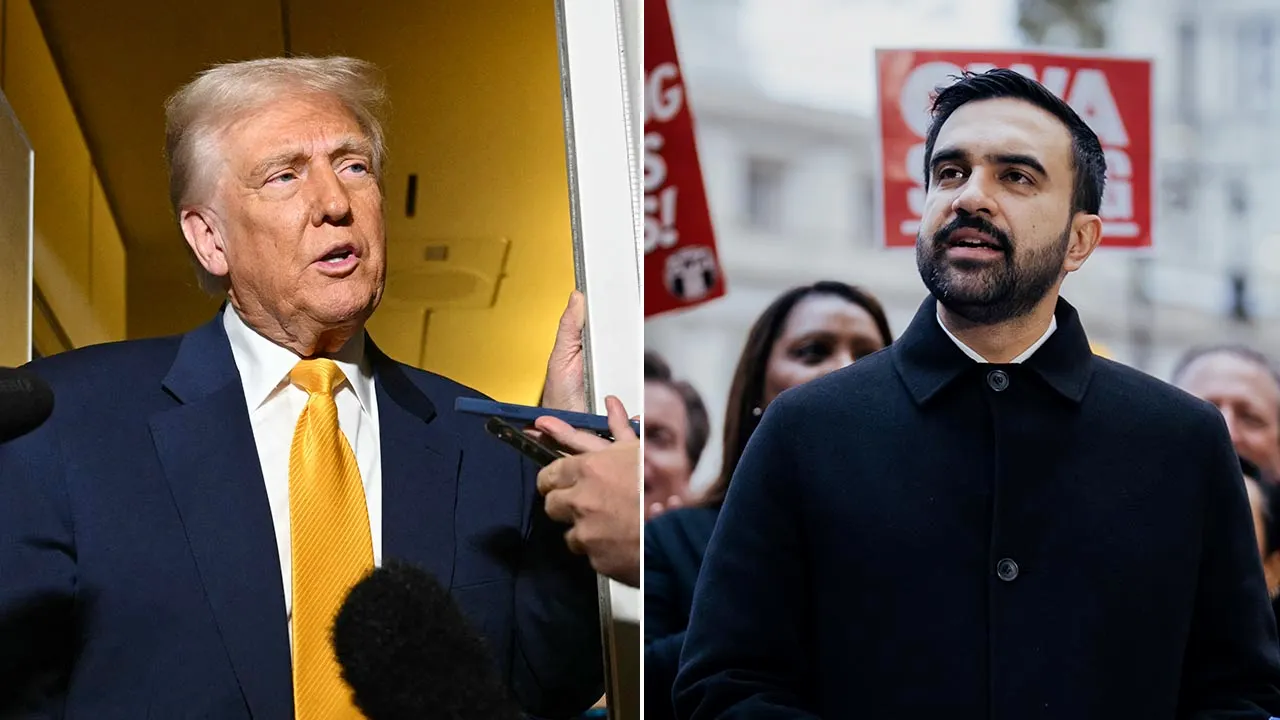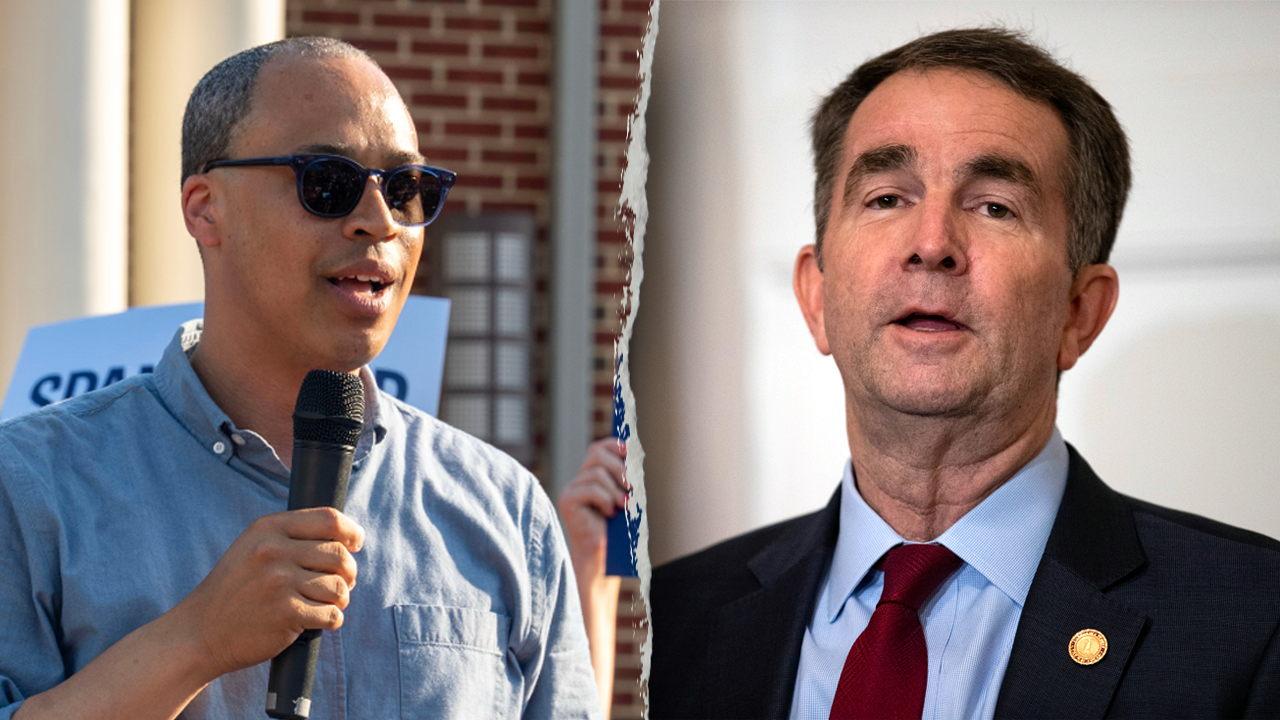“I’m hereby instructing our Department of War to prepare for possible action,” President Donald Trump thundered in a video released Wednesday night. “If we attack, it will be fast, vicious, and sweet.” Nigerian Christians are under attack from Islamist terrorists, and he told the government in Abuja that if the attacks do not stop soon, “we’re going to do things to Nigeria that Nigeria is not going to be happy about and may very well go into that now-disgraced country guns a-blazing.”
Trump’s bellicosity confused and discomfited much of the foreign policy elite. It is not clear why, though: Until recently, much of the Beltway establishment accepted the “responsibility to protect” doctrine—that Washington should use its power to stop mass atrocities worldwide. Islamist terrorism is spreading across sub-Saharan Africa, and if Trump can halt it, he will win an important victory for humankind and for American national security.
Robust defense of African Christians is good politics for this administration. American Christians, particularly Catholics and Evangelicals, are among the most ardent champions of their besieged coreligionists. Addressing their concerns is an important way for Trump to reward his base.
It also wins him plaudits from other corners of American society. Rapper Nicki Minaj wrote over the weekend that an earlier Trump post about Nigeria “made me feel a deep sense of gratitude … Thank you to The President & his team for taking this seriously. God bless every persecuted Christian.” She even accepted United Nations ambassador Mike Waltz’s invitation to a discussion about Trump’s efforts to defend overseas Christians.
Not every African American shares her concern for religious liberty worldwide, but many follow events in their ancestral homelands. Actions like this one and the earlier peace negotiations with Rwanda and the Democratic Republic of the Congo garner support even from people who are normally skeptical of this administration.
An intervention in Nigeria would not be Trump’s first military foray onto the continent. Less than two weeks after taking office, he ordered airstrikes on Islamic State leaders in Somalia. The U.S. military has already more than doubled the number of airstrikes it has conducted in that country compared with last year, but the government in Mogadishu is losing ground. Somalia is on the verge of falling into terrorist hands and becoming the next great threat to Red Sea shipping.
The problems in sub-Saharan Africa have metastasized for over a decade. After the Obama administration toppled Muammar Qaddafi’s government in Libya with no realistic plan to stabilize the country, terrorists and criminals looted his armories and spread the weapons across the Sahel. France led a European task force into the region, but it failed to staunch the bleeding.
Other outside powers have had little luck. Starting in 2022, Russia drove France out of western Africa almost effortlessly, ending the French military presence in the region that dated back to the 17th century. Unsurprisingly, the Russians are better at looting, pillaging, and murdering unarmed civilians than they are at fighting people who can shoot back. Terrorists have inflicted significant losses on Wagner mercenaries and their replacements, the paramilitary Africa Corps.
Episodic interventions in Nigeria, even fast and vicious ones, may not be effective, though. The mass violence in the region stems from a range of factors, from the competition for land between herders and farmers to ethnic and religious hatreds dating back centuries. This type of violence can rarely be bombed away. That usually requires boots on the ground.
As is the case with most of its neighbors, the Nigerian government exercises little control over the hinterlands where much of the slaughter takes place. Abuja might not be trying as hard as it could to stop the terrorists, but it is not clear how different the outcome would be if it did.
Trump’s interest in protecting African Christians from their terrorist enemies could create an opportunity for the Europeans. As European leaders reject the magical thinking that has predominated across the continent since the end of the Cold War, they need to relearn how to employ hard power effectively. Africa would be a great place to start. Working with the Pentagon on an issue that is important to Trump’s base would help Europe make its case in the White House.
Stabilizing Africa is important to Europe for other reasons, too. The consequences of mass terror in Africa are already washing up on the shores of the European Union, as refugees stream northward across the Sahara and the Mediterranean Sea. Weapons and drugs can travel along the same routes people do. Stopping them at the source would enhance European security.
Trump has found an issue where he can score a political win, do good for humanity, and advance American interests. But he will need more than an air wing and a prayer.
Read the full article here








